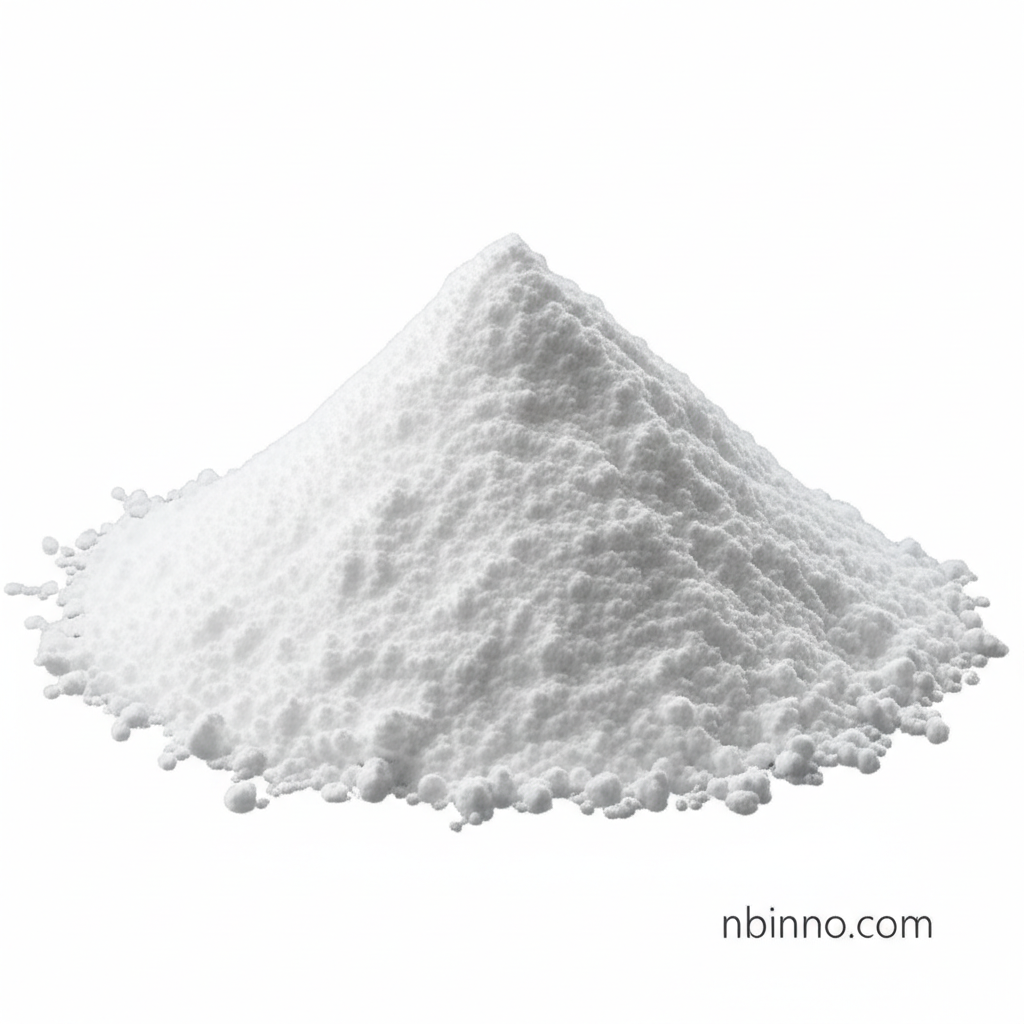2,3,5-Triphenyltetrazolium Chloride CAS 298-96-4: A Key Redox Indicator for Biological and Chemical Analysis
Discover the versatility of 2,3,5-Triphenyltetrazolium Chloride (TTC) in biological and chemical research applications.
Get a Quote & SampleProduct Core Value

2,3,5-Triphenyltetrazolium Chloride
2,3,5-Triphenyltetrazolium Chloride (TTC) is a crucial chemical compound, identified by its CAS number 298-96-4, renowned for its function as a redox indicator. It plays a pivotal role in various scientific disciplines, particularly in cell biology and biochemical research.
- Utilize the TTC assay for cell viability: This compound is instrumental in distinguishing between metabolically active and inactive tissues, providing critical insights into cellular health.
- Leverage TTC as a vital redox indicator in biochemical experiments: Its ability to undergo enzymatic reduction to a visible red formazan allows for clear detection of metabolic activity.
- Accurately measure dehydrogenase activity with TTC: This chemical reagent is sensitive to dehydrogenase enzymes, making it valuable for quantifying enzyme function in biological systems.
- Employ TTC as an analytical reagent for reducing sugars: Its application extends to chemical analysis, aiding in the detection and quantification of reducing sugars and other organic compounds.
Key Advantages
Versatile Application
From detecting cellular respiration to analyzing pesticide residues, the versatility of 2,3,5-Triphenyltetrazolium Chloride CAS 298-96-4 makes it an indispensable tool in research.
High Purity & Reliability
Ensuring reliable results in biochemical experiments, this compound is typically supplied at high purity levels, guaranteeing consistent performance.
Clear Visual Indication
The transformation into a visible red formazan offers a straightforward and easily interpretable visual cue for biological activity, simplifying complex analyses.
Key Applications
Cell Biology Research
Explore the TTC assay for cell viability in various biological studies, aiding in the assessment of cell health and metabolic status.
Biochemical Assays
Its role as a redox indicator in biochemical experiments supports research into metabolic pathways and enzyme kinetics.
Analytical Chemistry
As an analytical reagent for reducing sugars, it contributes to quantitative analysis in chemical laboratories and research.
Plant Science
The TTC test for seed viability allows researchers to quickly determine the germination potential of seeds.
